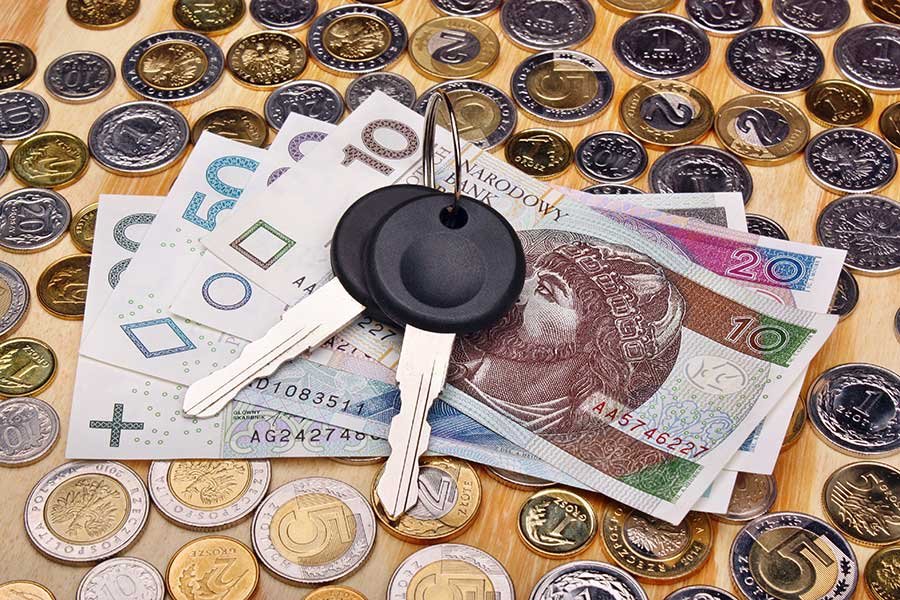With the guests seated and the table beautifully set, the Weinberg dining room was filled with excitement. The aroma of marinated roast beef wafted through the air, but all eyes were on the 30-day-old baby, cradled in a soft white blanket.
“What a zechus!” Mr. Weinberg exclaimed emotionally. “We, and all my other children had daughters first; this is the first pidyon haben in our family!”
Rabbi Dayan, a family friend, sat beside him, ready to officiate.
“Are you ready?” Mr. Weinberg asked his son, Yisrael. “You have the coins?”
Yisrael reached into his pockets, first one, then the other.
“I forgot the silver coins!” he blurted out. “I had them in a pouch…I must have left them on the table at home!”
The room fell silent. Mrs. Weinberg glanced around nervously at the guests, who were now whispering among themselves. The photographer stopped mid-click.
“Can we still do the pidyon?” Yisrael asked Rabbi Dayan. “I have my checkbook… and I’ve got enough cash.”
“Maybe you can get the coins?” Mrs. Weinberg gently asked her son. “There’s plenty of food, meanwhile.”
Yisrael smiled weakly. “We’re 15 minutes away; I can drive over and get them.” He took out his car keys.
But then Mr. Weinberg said: “That’s a half-hour roundtrip. Why not just give the kohen the cash? Or write him a check?”
“Can we do that?” Mrs. Weinberg whispered to him. “Isn’t it supposed to be silver coins?”
The guests waited with curiosity.
Yisrael turned to Rabbi Dayan and asked, “Can I give the kohen a check or cash instead?”
“The Torah (Bamidbar 18:16) requires redeeming a firstborn son (bechor) with five silver shekalim,” replied Rabbi Dayan. “The poskim generally calculate this as 96 grams of pure silver. Nowadays, this is worth about $120” (Y.D. 305:1).
“However, the Gemara (Shavuos 4b; Bechoros 51a) derives through the methodology of klal uprat uklal, that the redemption can be done not only with silver coins but with any movable item of equivalent value (Y.D. 305:2).
“Nonetheless, shtaros (loan documents) cannot be used for the pidyon, since they do not have inherent monetary value but rather only represent the loan written in them (ibid.).
“The Acharonim address the possibility of redeeming a bechor with a check or paper cash.
“The halachic consensus is that a check cannot be used to redeem, since it is merely a written instruction to the bank to pay the bearer that amount from the funds in the account. It has no inherent monetary value and is no better than a loan document (see Pischei Teshuvah C.M. 95:1; Pischei Choshen, Halva’ah 10:[21]).
“Nonetheless, Chasam Sofer (Y.D. #134; C.M. #187) rules that governmental “banknotes” are considered as money, not shtaros, for all financial purposes. Although their physical content is not of equivalent monetary value, since they are used by all people as monetary payment, they are considered as having inherent value. Furthermore, dina d’malchusa dina (the law of the land) certainly applies to issues of currency, so that if the government declares paper money as legal tender, it is considered of inherent cash value like actual silver coins.
“He questions, though, whether the ‘banknotes’ – or even metal coins without equivalent monetary content – can be used for pidyon haben, since it is primarily payment to Hashem, which He granted to the kohanim. Hashem required the redemption of five silver shekalim, and regarding for Hashem – perhaps the government’s rule to grant formal value to the currency due to its form is meaningless (Pischei Teshuvah Y.D. 305:7; see also Aruch Hashulchan 305:18).
“However, Chazon Ish (Y.D. 72:10) rules that official currency is considered money at its face value even for purposes of pidyon haben because of its usage value.
“Aruch HaShulchan (Y.D. 305:18) also rules that pidyon with paper money is valid, in principle, but nonetheless writes to be stringent in practice.
“The common practice is to use silver coins, whether silver dollars minted in the U.S. or special silver coins minted now in Israel with the proper silver content,” concluded Rabbi Dayan. “Where this is not possible, though, you can redeem with other movable items or possibly even cash of the requisite amount.”
Verdict: A Pidyon haben is done with silver coins of 96 grams, or other movable items of equivalent value. A check on this amount is not a valid pidyon, but some poskim consider cash payment as valid.





